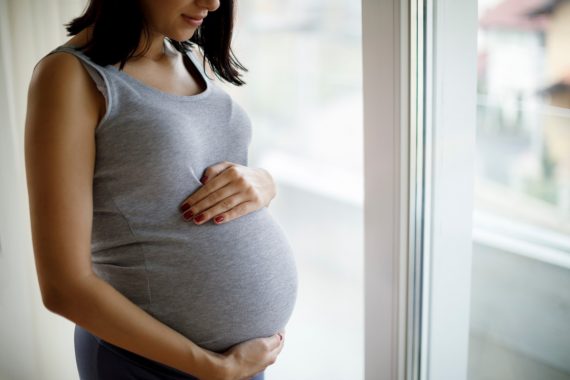Perinatal depression is associated with an increased risk of death, particularly due to suicide during the first year after diagnosis, a study has found.
The increased risk of death was independent of pre-existing psychiatric disorders, Swedish researchers reported in the BMJ.
Using data from 2001 to 2018, researchers found 86,551 women with a first ever diagnosis of perinatal depression – defined as any diagnosis during pregnancy and up to one year after delivery – and compared them with 865,51o controls.
They also looked into shared family factors by looking at data from 24,472 women diagnosed with perinatal depression and 246,111 sisters who were unaffected by the condition.
Also taking into account a range of factors including socioeconomic status, adverse birth outcomes, and death of a child within the first year after birth, they team found women with perinatal depression were more than twice as likely to die than women who did not have perinatal depression.
The analysis showed the increased risk was most pronounced in the first year after diagnosis, and while it gradually reduced over time, it remained higher throughout the 18 years of follow up.
They also found that the increased risk associated with perinatal depression was greater for death caused by unnatural causes (0.46 per 1000 person years) than by natural causes (0.36 per 1000 person years).
And women diagnosed with perinatal depression were six times as likely to die from suicide, and three times as likely to die from an accident, than the control group, the researchers said.
‘Women affected with perinatal depression, their families, and health professionals, particularly those working in primary, maternal, and mental care, need to be aware of the serious health hazards regardless of psychiatric history.
‘Early detection and treatment are needed for groups at high risk of perinatal depression to prevent the fatal outcomes,’ they concluded.
In December NHS England published guidance for GPs on doing a more ‘more comprehensive’ postnatal health check to ‘address unwarranted variation’.
It said mental health should be a priority in the consultation and identifying and addressing severe depression or postpartum psychosis should take precedent.
Figures also released this week show the number of women who have died during pregnancy or soon after has risen sharply to its highest levels for 20 years.
Data from the MBRRACE-UK investigation showed the rate of maternal death increased to 13.41 deaths per 100,000 pregnancies between 2020 and 2022 compared with 8.79 between 2017 and 2019.
It remained high at 11.54 per 100,000 pregnancies even when deaths as a result of Covid-19 were taken into account.
Professor Marian Knight, the MBRRACE-UK maternal reporting lead, said the figures were concerning:
‘These data show that the UK maternal death rate has returned to levels that we have not seen for the past 20 years.’
An NHS England spokesperson said: ‘While the NHS has made significant improvements to maternity services over the last decade, we know further action is needed to improve the experiences of women and their families across the country.’
Pulse October survey
Take our July 2025 survey to potentially win £1.000 worth of tokens












